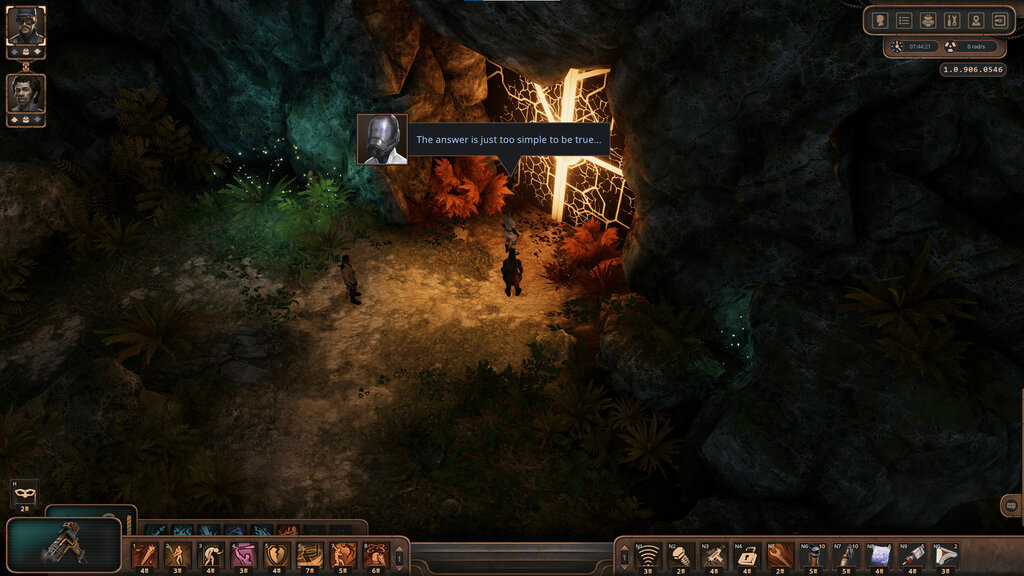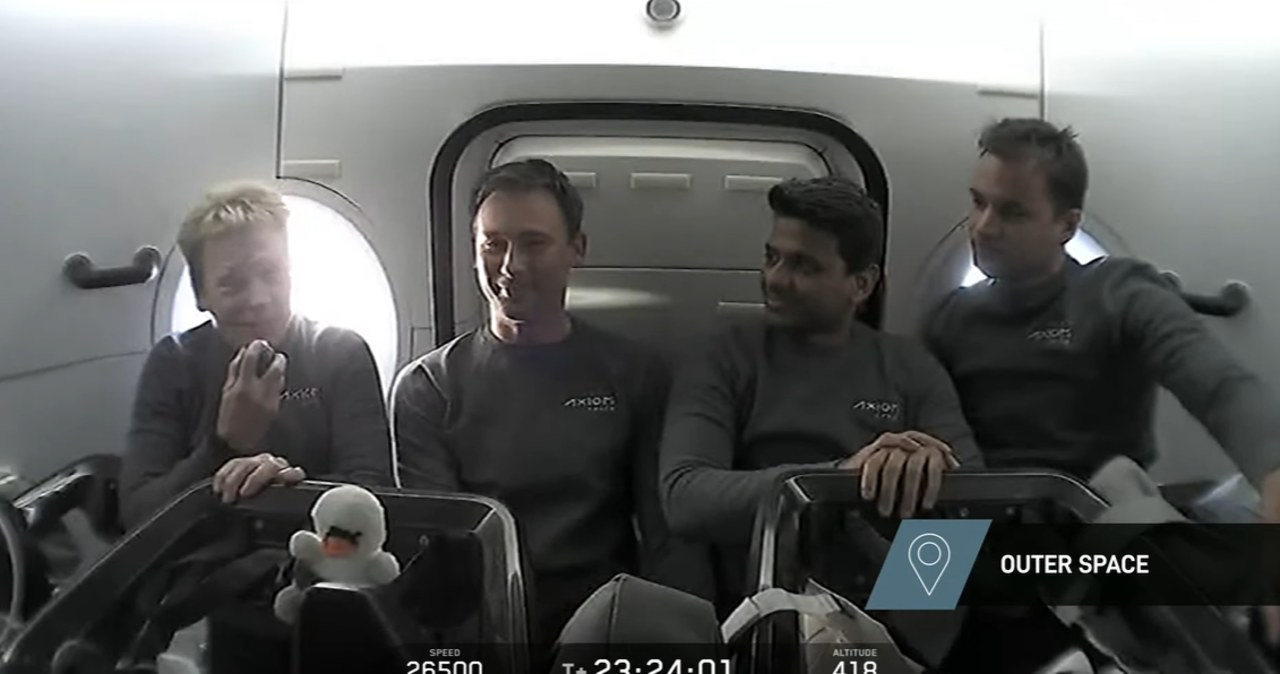The King is bidding the "fondest of farewells" to the royal train after approving its decommissioning following decades of service. Charles and other members of the royal family will rely on two new helicopters when the nine-carriage train stops running ahead of a maintenance contract ending in early 2027.
James Chalmers, Keeper of the Privy Purse, described the move as an example of the royal household applying "fiscal discipline" in its drive to deliver "value for money". The annual royal accounts showed the Sovereign Grant, which supports the official duties of the royal family, will remain for a fourth consecutive year at £86.3 million.
Royal household costs increase
Royal travel increased by £500,000 to £4.7 million and payroll costs were up £2 million to £29.9 million. The King is said to have fond memories of the train, which features a carriage created for Charles in the mid-1980s which he still uses now he is King.
The Prince of Wales is aware and supports the decommissioning decision. Chalmers said: "The royal train, of course, has been part of national life for many decades, loved and cared for by all those involved."
Modernisation drives royal changes
"But in moving forward we must not be bound by the past," he added. "Just as so many parts of the royal household's work have been modernised and adapted to reflect the world of today, so too, the time has come to bid the fondest of farewells, as we seek to be disciplined and forward-looking in our allocation of funding."
Chalmers confirmed that "with His Majesty's support it has therefore been decided that the process to decommission the royal train will commence next year". The rundown of royal finances covers April 2024 to March 2025, including the months following the King and the Princess of Wales's double cancer diagnosis.
King's resilience during treatment
This period encompassed the majority of 2024, the year described by the Prince of Wales as "brutal" and probably the hardest of his life. Charles made a rapid return to public-facing duties in April, while Kate made a more gradual one after revealing in September she had finished her chemotherapy treatment.
She later confirmed at the start of 2025 that she was cancer free. Chalmers said that after returning to public-facing duties in April 2024, the King "demonstrated remarkable resilience by undertaking a wide programme of public and state duties at home and overseas while continuing to receive treatment, demonstrating not only His Majesty's personal commitment to duty but also the adaptability and resilience of the royal household in ensuring continuity of service, no matter the personal circumstances".
Duchy income revealed
Accounts were also released for William's Duchy of Cornwall, which provides him with a private income of nearly £23 million. The duchy has launched a policy review of the rents it receives from charities and grassroots community groups.
The royal train was a favourite of Queen Elizabeth II and the late Duke of Edinburgh and was decorated and furnished to meet the needs of senior royals. In 2020, William and Kate made a 1,250-mile train journey over three days to thank key and frontline workers and communities for their efforts during the pandemic.
Train's historic royal service
The annual accounts state the decision was taken for several reasons including the cost of storing and maintaining the train against its level of use. Significant investment was needed to keep the train in use beyond 2027 and the new helicopters were reliable alternatives.
Chalmers said: "Before it finally goes out of service, it is our hope that the train will make further visits to parts of the UK, while discussions will begin on finding a long-term home where some particularly historic elements might go on public display." The Duke and Duchess of Sussex's former home, Frogmore Cottage, remains empty for a second year after they officially vacated the property in 2023.
Frogmore Cottage remains vacant
It is understood there are no immediate plans for Harry and Meghan's UK base, a gift from Queen Elizabeth II close to Windsor Castle. They were asked to leave just weeks after the duke criticised his family in his controversial memoir Spare.
The £86.3 million Sovereign Grant comprises £51.8 million for core elements like travel and payroll costs and £34.5 million to fund the Buckingham Palace Reservicing Programme. Workers are eight years into the decade-long reservicing initiative costing £369 million to improve fire and safety and replace heating and electrics.
Buckingham Palace renovation continues
The project is said to be on track and has updated the palace's east wing where the royal family watch major events from the balcony. State banquets will move from the palace's ballroom to Windsor Castle for the next two years as work progresses.
The lavish state rooms will come off and then online as contractors complete the final two years, expected to cost £100 million of the total. Among the green initiatives highlighted by the Sovereign Grant accounts is the conversion of the first of two official Bentleys to run on bio-fuel with the second transitioning this year.
Green initiatives highlighted
There is increased use of sustainable aviation fuel for royal flights, including for helicopter travel, and 84% of royal household waste is now recycled. Chalmers added: "The Grant has been supplemented by £21.5 million in additional income, up £1.7 million on last year, reflecting, among other factors, a record number of visitors to the Buckingham Palace Summer Opening as part of our continued drive to widen access to, and enjoyment of, the Occupied Royal Residences."
The grant is 12% of Crown Estate profits which for the second year running have reached £1.1 billion due to record offshore wind farm profits. This means in the 2026-27 financial year the grant will be £132 million, with extra funding used to complete the reservicing work.
Critics call for scrutiny
Graham Smith, chief executive officer of Republic, called on the Government to take responsibility for reporting the costs of the monarchy. He said: "The Irish president costs around £5 million a year. The cost of the monarchy could be slashed to well below £10 million."
"It's time the Duchies were taken off royal hands, and it's time these figures were released by Government to parliament, where they can be properly scrutinised," Smith added.
(PA) Note: This article has been edited with the help of Artificial Intelligence.






